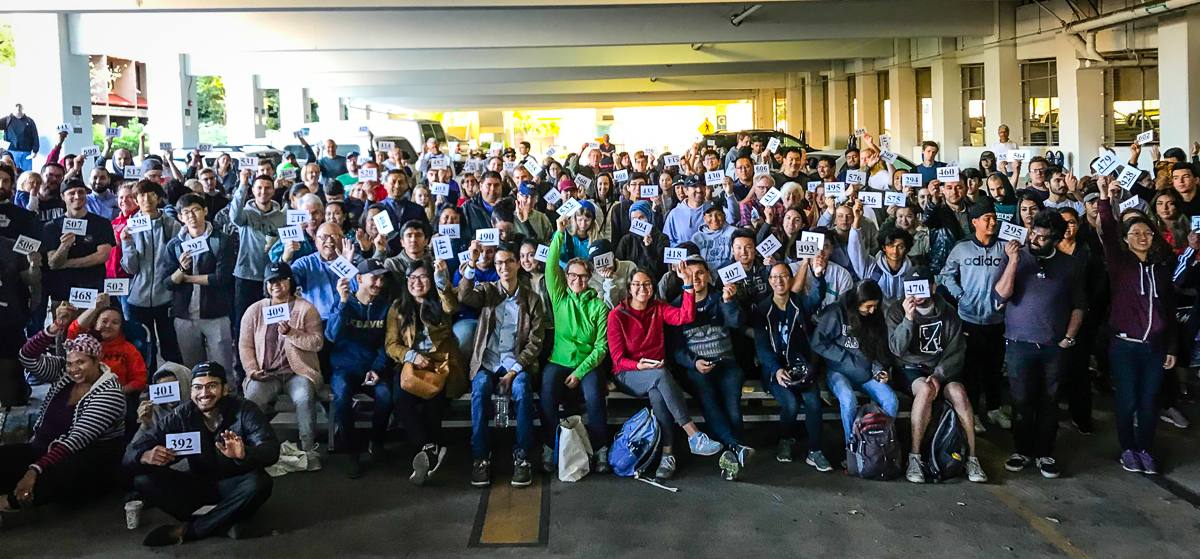Online Bicycle Auction Information
- Updated July 2023

What's going on with the Bicycle Auction?
If you're new here, the Bicycle Auction is a biannual tradition at UC Davis typically held in May and October, where the Bicycle Program (part of Transportation Services) auctions off abandoned bicycles to the public. Unfortunately, we have not been able to hold our usual in-person auctions (our last one was October 2019) due to changing public health mandates, campus event policies, staffing shortages, and out-of-an-abundance-of-caution. *cough* *cough*
The Bicycle Auction is online...at least for now
Yes, you read that right. All the abandoned bikes you used to bid on in the Pavilion Parking Struction (while also trying to juggle a morning coffee and a bid number) are now going to be listed on GovDeals. (Different bikes. Similar process.) We love bikes. We love rehoming and repurposing abandoned bikes. But we love keeping everyone safe, more. Maybe we'll be back to in-person auctions in the future, maybe not. But we will do all we can to meet the moment and find a way to keep this Aggie tradition alive!
What is GovDeals?
UC Davis has its own portal through our external partner, GovDeals, an online marketplace that provides services to government, educational, and related entities for the sale of surplus assets to the public--and we have a lot of bicycles up for auction.
- START BIDDING! Click the button below to see what bikes are accepting bids.
Tips for bidding online
We want you to know what to expect when bidding online with GovDeals. GovDeals functions a lot like other well-known auction sites. If you're new to the online auction format, below are a few steps to guide you to successful bidding:
- Setup an account. GovDeals requires registration. Be certain you use a unique password.
- Do your research. Each bike listing has more details about the bike up for bid. It won't be detailed but you can get a sense of what you're bidding on.
- Set your ceiling price. Don't start bidding without a plan. Before you start bidding, decide what your max bid can be (the most you're willing to spend if you win).
- Automate or manual bidding? You can decide to place your bids manually or set up your bidding to "auto-bid" until you reach your max (ceiling price).
- Stay engaged to win. Watch the auction and if you've bid on multiple bicycles (new accounts can bid on three auctions at once), make sure you're aware of where you're at in the bidding. You can request emails be sent to you if or when you're outbid.
- Close of auction. Did you win? If so, all payments can be made through GovDeals. Pay GovDeals, then contact the Bicycle Program (530-752-2453, email us) to collect your bike. If you got outbid, keep trying. There's always more bikes coming.
All bikes are sold as-is, where is, and carry no warranty. A winning bid is a contract for removal, any bikes not picked up per auction conditions will be returned to auction and all payments forfeited. See additional detail on the individual auction listings. While it may feel like a gamble to bid on a bike you haven't seen in person, the winning bid can often be lower than market value.
Questions? Please click here to see our Bicycle Auction FAQs.
